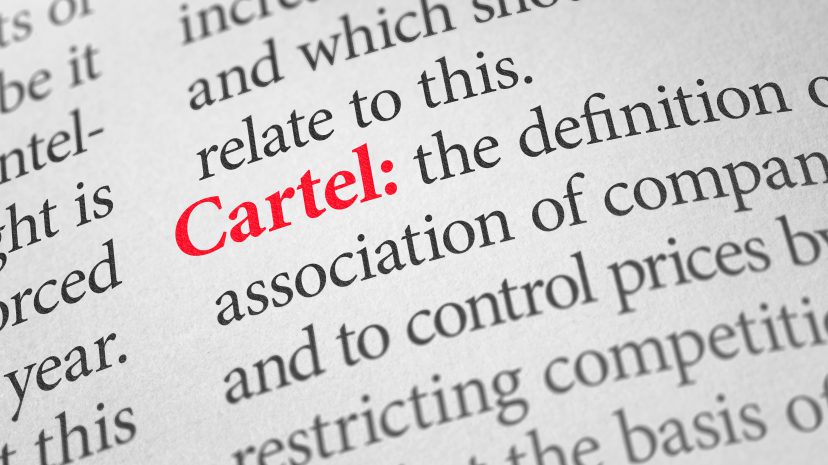EU competition rules are enforced by the European Commission (EC) and, in the Netherlands, the Netherlands Authority for Consumers and Markets (ACM). Is a violation of the antitrust rules detected? In that case, heavy fines can be imposed, both on the company and in some countries even on directors and employees personally. What powers do ACM and the EC have? And how high are these fines?
Powers ACM
One of the tasks of ACM and the EC is to enforce the EU and Dutch competition rules as well as consumer law. They have extensive powers to investigate possible infringements:
- Entering the business’ premises and private homes, even unannounced (dawn raids).
- Issuing requests for information.
- Interviewing directors and employees.
- Demanding access to documents (including emails and WhatsApp conversations) and making copies to add them to their file.
- The sealing of premises, pending an investigation.
In supranational investigations, ACM works closely with the EC and other national competition authorities, for example by coordinating investigations and raids in different EU Member States.
Duty to cooperate
In principle, companies and their employees are required to give the cooperation that is needed in the interest of the investigation. For example, they may not refuse access to the building and would even need to provide the authority with the passwords of computers and telephones. Nor may they withhold, remove or destroy evidence. Violations of the duty to cooperate are also subject to heavy fines. For example, ACM fined a company almost € 2 million at the end of 2019, because the employees of the company had deleted WhatsApp conversations and were leaving WhatsApp group chats during a company raid.
Violation of the cartel prohibition: fines for companies
ACM can impose fines of up to €900,000 or, if that is higher, up to 10% of the consolidated annual turnover. If it appears that the violation has lasted for several years, this fine can be increased to 40%. In case of recidivism, the amount of the fine can be doubled. The EC can also impose fines for cases which have an effect on interstate trade.
Violation of antitrust rules: personal fines
Not only the company, but also employees run the risk of heavy fines if antitrust rules are violated. Persons who gave the instruction to commit the violation and de facto managers (including persons who did not intervene while they had knowledge of the violation and had control over the conduct) can be fined up to 900,000 euros. Please bear in mind that this is the situation in the Netherlands; in more and more countries in and outside Europe, a violation is seen as fraud and is also threatened with criminal sanctions, even imprisonment.
Conduct outside the EU that has effect within the EU
European and Dutch competition law also applies to prohibited conduct taking place outside the EU which affects the internal market within the EU (respectively the Netherlands). It is also not required to have a registered office here.
Leniency
Companies that want to leave a cartel or find out that they have formed a cartel unnoticed and want to bring an end to this, can apply for leniency. These competition authorities may then choose – depending on the timing of the notification and the value of the information – not to impose a fine or to give a substantial (even 100%) discount.
Conclusion
It is not always clear to companies whether they are acting in violation of the cartel prohibition. That is why it is important, if you want to cooperate, to always have a check carried out to ensure that that you are not making prohibited agreements. Is the company the subject of an investigation and are you confronted with a company visit? Then it is important that you and your employees do not obstruct this investigation. If you have any questions about this, you can always contact us. Even if you are considering making use of the leniency program, we are happy to provide you with strategic advice and guide you through the leniency procedure.
